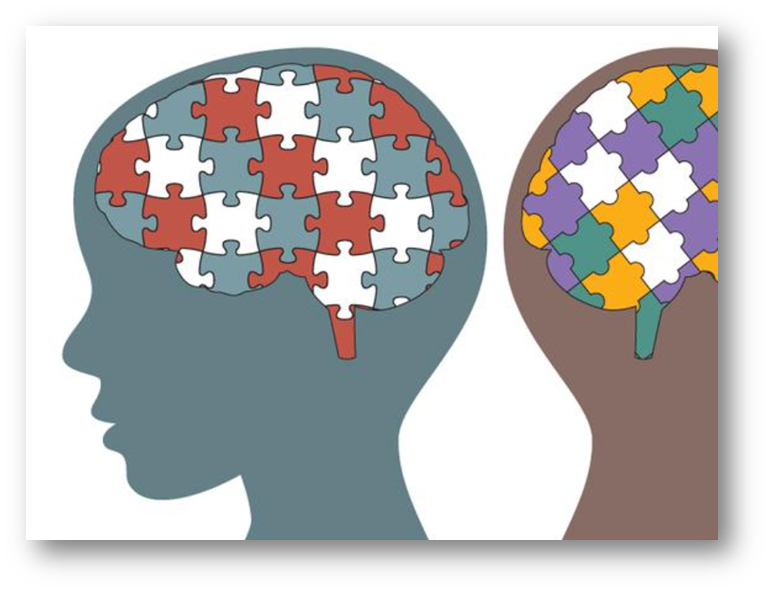Today we will discuss the importance of learning Chinese for children with autism. Autism, also known as “early childhood autism”, “childhood autism”, “Kanner autism”, “childhood mental illness”, etc., is commonly referred to as “autism” in mainland China.
According to relevant studies in European and American countries from 1978 to 1999, the prevalence of autism increased from 580000 to 149000; According to conservative estimates from the China Disabled Persons’ Federation in 2009, there are 1.5 million people aged 0-15 with autism in China, and 5 million people aged 0-20 and above with autism.

At present, there are 76 million autistic patients in the world, and 13 million in China alone, with a incidence rate of 133:1. In China, this forgotten group is referred to as the “children of the stars”.
So, what are the factors that lead to autism?
Studies on twins and family members of patients with autism have shown that some patients have significant genetic susceptibility. One identical twin has autism, while the other has a 60% or even 90% chance of developing it.
While fraternal twins have only a 5% chance of getting sick. In combination with the incidence rate of autism, some studies have speculated that the heritability of autism and similar behavioral characteristics is 90%.
In addition, the prevalence of direct relatives is also affected by genetic factors, and the risk of autism children’s siblings sisters will increase significantly. Researchers also found that family members of children with autism exhibit more abnormal social skills or repetitive behavior, as well as certain emotional disorders such as bipolar disorder.
Early researchers such as Kanner proposed that the parents of children with autism are “refrigerator like parents,” which leads children to emotionally distance themselves from their parents and retreat to their inner world.
This viewpoint is widely accepted by many people, supported by both psychodynamic and behaviorist therapists, which causes significant mental pressure on parents of children with autism, leading to feelings of guilt and guilt.
In the later research on family factors, domestic and foreign scholars mainly delved into the physical and mental characteristics of parents themselves. The cognitive level, mental and psychological characteristics of parents may be related to their children’s autism.
In addition, the mother’s nutritional status, medical history, medication history, major mental trauma, and other issues during pregnancy may all lead to autism in the child.

In today’s society, we should understand the importance of learning Chinese for children with autism. So, in the current and even future, language learning is a trend, an expectation, a way to reduce burden in the future, and to better exercise children with autism.
Language education has become an essential means of education in the current trend of social education development. At present, with the increasing proportion of children with autism in China, effective implementation of integrated education is needed to allow more groups to accept children with autism.
Provide children with autism with an open emotional communication space, allowing them to break away from their spatial awareness, maximize the change of each child and family, and create a harmonious society. Enable each child with autism to better improve their abilities while undergoing rehabilitation interventions, and implement meaningful education for children with autism.
The importance of Chinese language learning for children with autism can effectively strengthen the individual of the child by the group they live in, enlighten the immature mind, integrate their own space into society, and cultivate the correct personality.
This enables each child to learn the laws and principles of society, interact with others, develop self-reliance, self-care abilities, and grow healthily during rehabilitation interventions.

